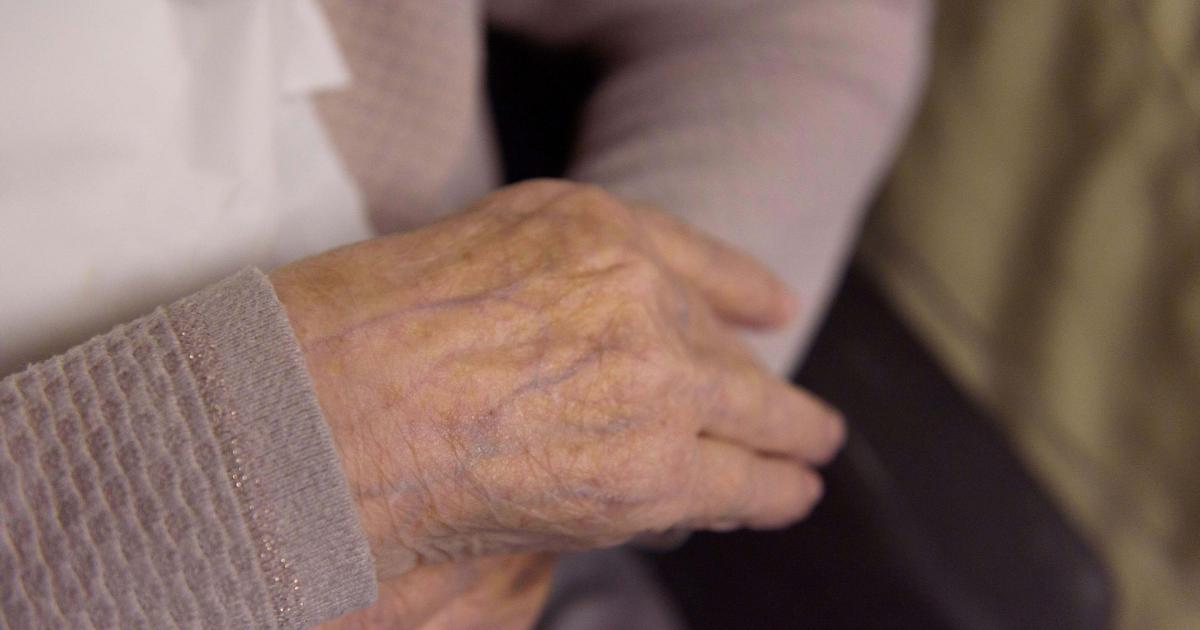A “painfully slow” NHS backlog caused by the Covid-19 pandemic has left thousands of people in a state of uncertainty, with some even waiting five years to see a neurologist, Parkinson’s UK warned.
The charity has called for the NHS to address what it describes as a “diagnosis crisis”.
Research by Parkinon’s UK, published in the journal Movement Disorders Clinical Practice, used data from more than 18 million primary care records.
It found diagnosis rates dropped by 26% – from 26,000 to 19,300 – between 2019 and 2021 and still have not recovered to pre-pandemic levels.
The study suggests that while excess deaths had a small impact on the prevalence of Parkinson’s, the biggest factors affecting diagnosis have been long NHS waiting lists, and access to neurology services.
Parkinson’s UK estimates there is now 166,000 people diagnosed with Parkinson’s in the UK.
However, up to 21,000 more people could be living undiagnosed and without support.
Caroline Rassell, chief executive of Parkinson’s UK, said: “The painfully long Covid backlog, and slow recovery of neurology services, has left thousands of people with Parkinson’s struggling to be seen.
“Some people are waiting five years to see a neurologist.
“All too often we hear they are bounced between services, in a state of uncertainty, fearing the worst whilst they wait for a diagnosis.
“It’s simply unacceptable and forces those who can afford it, to turn to private healthcare for answers.”
Amanda Palmer, 51, from Bristol, struggled to get a diagnosis during the pandemic.
She first approached her GP about a shake in her arm in 2020, although she said her symptoms started long before.
Ms Palmer said: “After a telephone consultation, which was all I could get, I was told they didn’t know what it was, and sent on my way.
“One year later, when the shake was worse, I went back to see a GP, this time, face-to-face. They thought it was a neck issue, but referred me to a neurologist, ‘just to make sure’.
“All in, it was 18 months between first approaching my GP and receiving a Parkinson’s diagnosis, knowing something was wrong, but not sure what it was.”
Parkinson’s UK estimates that 173,000 people in the UK will be living with the condition by 2030.
Ms Rassell said: “Parkinson’s is a complex condition with unique challenges, needing specialist support from charities and the healthcare system.
“We play a vital role in strengthening specialist roles within the NHS and are proud to have invested over £15 million in funding, training, and supporting Parkinson’s nurses since 1996.
“We continue to campaign, fund key roles and educate health professionals so they have the expertise they need to care for people with Parkinson’s.
“But we cannot do this alone, and so we desperately need the NHS to address this diagnosis crisis, the growing backlog and improve access to quality, specialist care.”
A Department of Health and Social Care spokesperson said: “This government inherited record long waiting lists with too many patients living with Parkinson’s disease being left behind and facing unacceptable waits to get diagnosed and treated.
“We are working at pace to turn this around and cut waiting times, including by delivering more neurology appointments to speed up diagnosis.
“We are also expanding the workforce, boosting training for staff, funding research into new treatments, and using the latest technology to help people stay independent for longer.”


